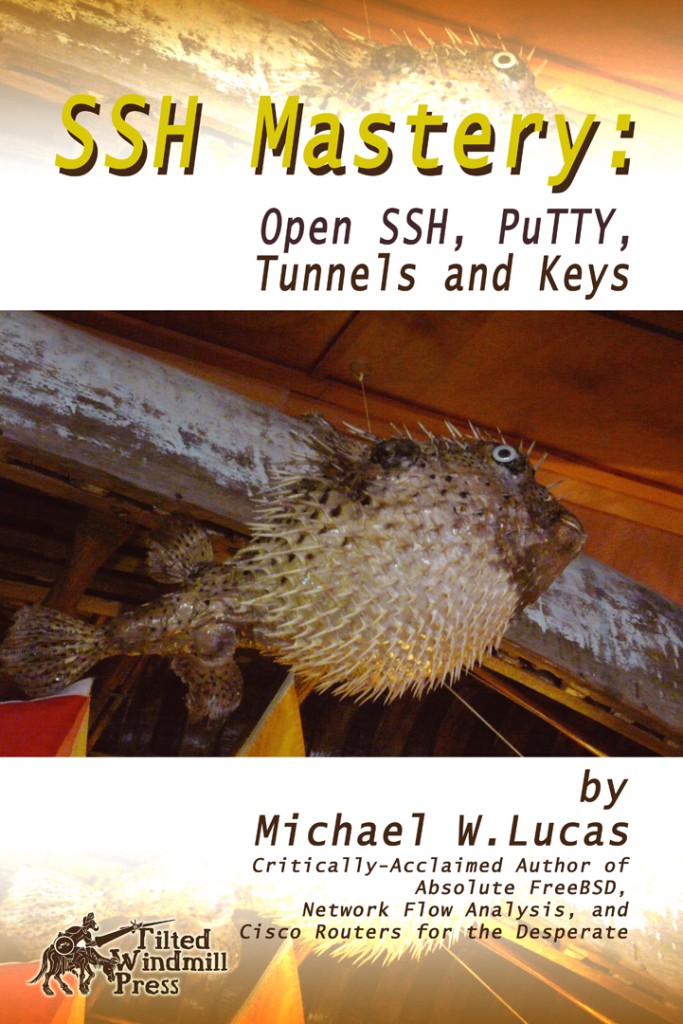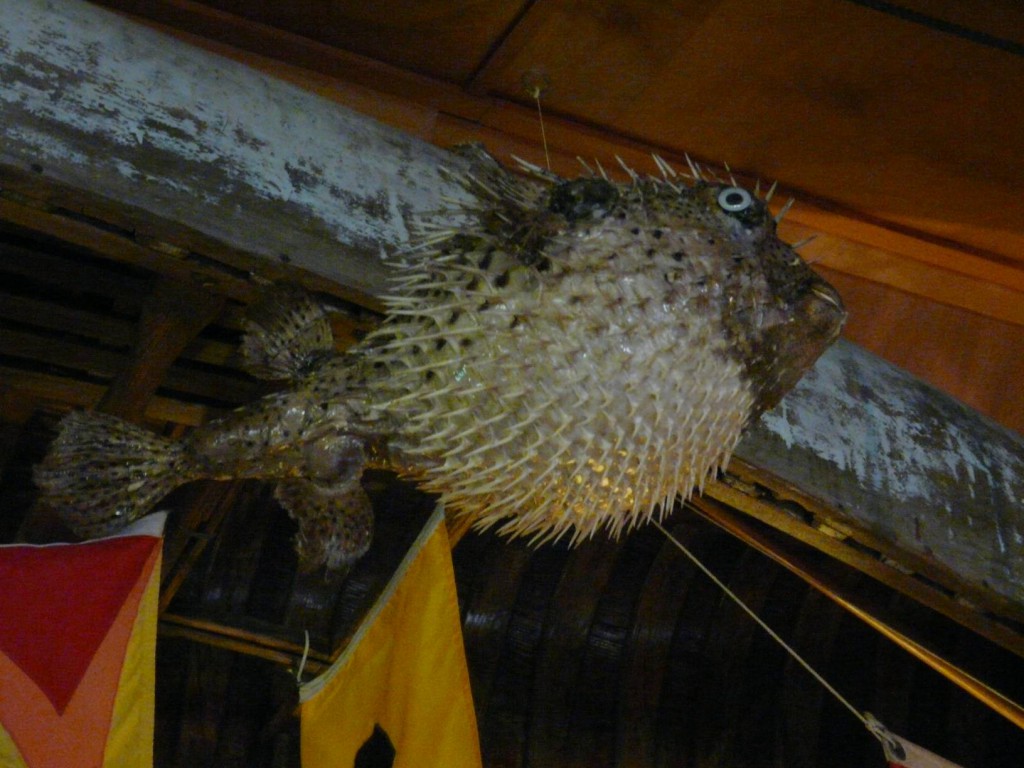(Anyone who is a big enough fan of my work to actually track down this blog is almost certainly not the target of this rant. But today, it happened one too many times.)
I had a little bit of writing time this morning before work. How did I spend it? Sending DMCA takedown notices. You can get my books for free. Even the brand new ones. They are frequently scanned and uploaded to file sharing sites, sometimes even before I get my author’s copies. I send out DMCA notices when I find them, if the host site is in the US.
What is the real impact of illicit book downloads on me as a writer?
Let’s get some of the bogus arguments out of the way.
The word piracy is ridiculous in this context. Theft is better, but that word implies scarcity. If you take a book I wrote from the store without paying for it, that’s theft. Electronic books are post-scarcity, in a certain sense. (The writing of the book is scarce, additional copies are not.) For downloading of electronic books without paying the publisher I prefer unlicensed or illicit, which aren’t perfect, but feel closer than any of the other popular alternatives.
I don’t like the DMCA, and I strongly disagree with its technological circumvention provisions. If you buy something I wrote in ebook form, I don’t care if you have a copy on every device you own or if you print it out or if you use the Kindle loan feature and get a friend to read it. If you buy something I write as a physical book, please loan it out, mark it up, photocopy key pieces and hang them above your desk, whatever. If you buy one of my physical books direct from my publisher, they’ll give you the ebook version for free, giving you the best of both worlds. But the DMCA takedown notice is the tool by which sites like scribd and tumblr accept notifications, so I use it.
So, what about my books? How does this affect me?
Writing a book is like staying on a diet. Every day, you decide you’re going to write instead of doing something else.
Writing books takes time. I have a day job. As day jobs go, it’s pretty good. I get the tools I need to do my work. I don’t have bogus meetings or daft cow-orkers. I get to choose most of the technologies I work with. Fearless Leader doesn’t call me in the middle of the night for bogus emergencies. I choose my hours. I have a private office for that couple of days a week where I condescend to grace the office with my presence. And on those days, Fearless Leader usually buys lunch. The hours are not ghastly, as in some companies, but it’s a full-time job.
When people say “Hey, did you see that show last night?” I say “No, I was writing.”
When the missus suggests I spend the evening watching movies with her, some nights I say “I really need to get some writing done.”
I just moved. My new office has floral wallpaper. I detest wallpaper. Even wallpaper without cheery climbing blue and red roses. It drives me batty. I could spend my free time for a couple of weeks and transform the room into an almost elegant techie’s office.
But moving has delayed my current books unduly. I know people are eagerly awaiting my next books. They tell me so. Repeatedly. At length. So I live with the wallpaper, and write.
I use SSH every day, but I don’t use every piece of its functionality. I’ve never needed to use a SSH VPN. To write that chapter of the OpenSSH book, I spent two weeks of “writing time” getting SSH VPNs working between Ubuntu, FreeBSD, and OpenBSD machines. I use OpenBSD daily, but I don’t use systrace. I use Apache, but OpenBSD just imported nginx. I have to figure out all of these things, and understand them well enough to explain them to you. More time.
If I just wrote fiction, I wouldn’t have to fanny about with packet sniffers and debugging logs. But fiction requires lots of research and preparation. The time is spent differently, but it’s still spent.
That’s time I could be hanging out with my family, or at the dojo, or with friends, or even watching some of the TV series I’ve never seen but that friends have raved about (Firefly, Buffy, X-files, whatever the current hit is). Instead, I’m writing.
I enjoy writing, but there’s a lot I want to write that’s much easier than technology books. And there’s a difference between writing something for myself, and writing something of sufficient quality that I can legitimately offer it to others.
The fact that my books can be fun to read doesn’t mean that they’re fun books. My books are meant to help you make money. Maybe that money is your salary, maybe it’s for your the company. Maybe the financial impact isn’t direct, but my goal is that when you finish reading one of my books, you will be more knowledgeable, more highly skilled, and a more valuable technologist. Transforming your skills into cash is your job.
Cutting out the people who help you improve yourself is downright disrespectful.
It’s been suggested that I put up a “tip jar,” so illicit downloaders can throw me a few bucks. Unfortunately, that ignores all the other people who go into making my books a success. My NSP books are professionally edited, copyedited, tech edited, and designed. I cannot in good conscience just cut them out. That would be just as disrespectful.
Losing money is unpleasant. But when someone says “I have so little respect for the year of your life that you spent working on this book that I’m going to give it away,” that’s downright insulting. Personally offensive. Disrespectful.
The greatest tool any of us have is enthusiasm for our work. Every time I find where someone has uploaded one of my books without permission, it drains my enthusiasm. Tonight, I really should finish up the tech edits on the OpenSSH book so it can go to copyedit. But I think those edits will wait. I’m going to dinner with the missus instead.
UPDATE 2015-02-10: I put up a tip jar.


